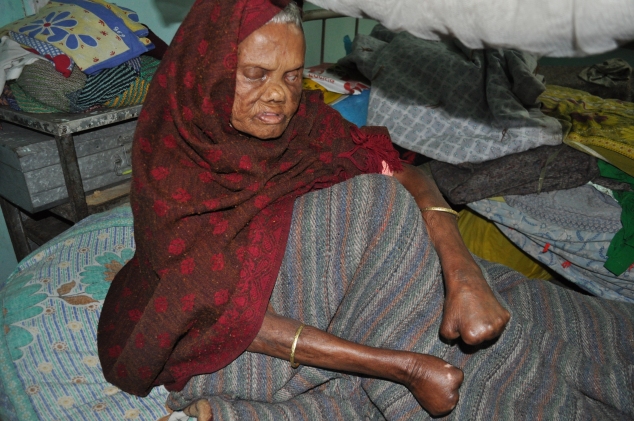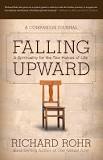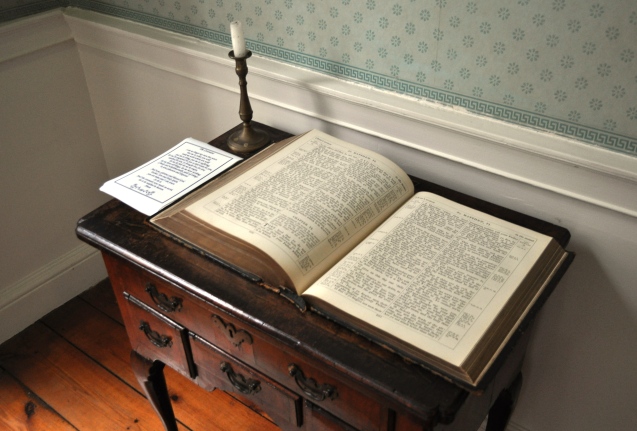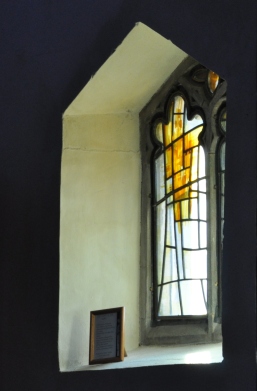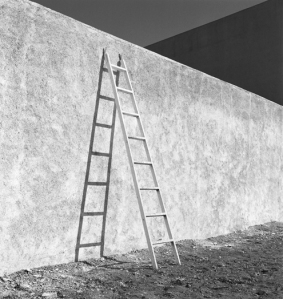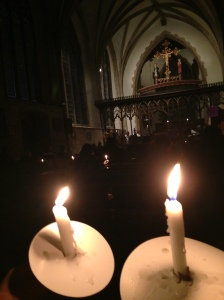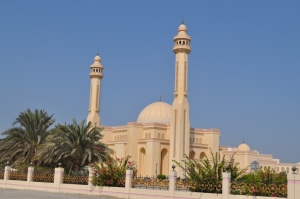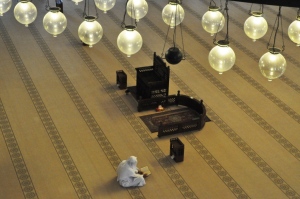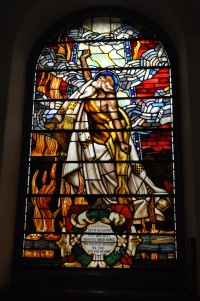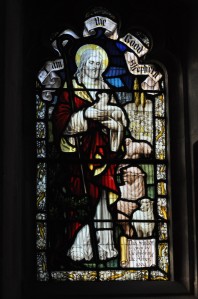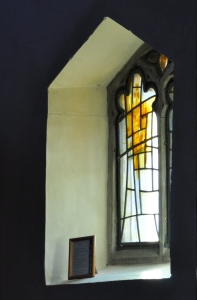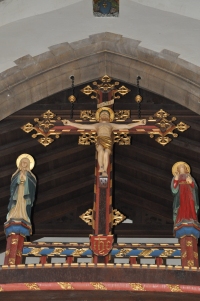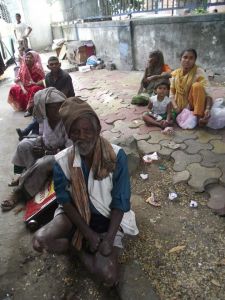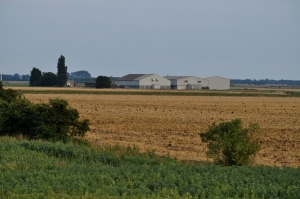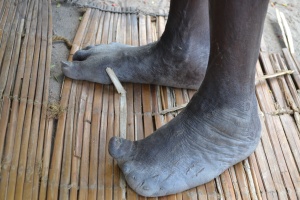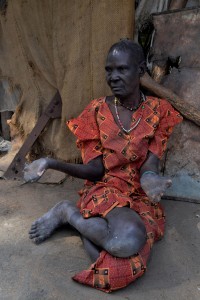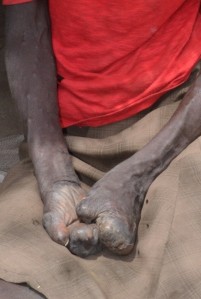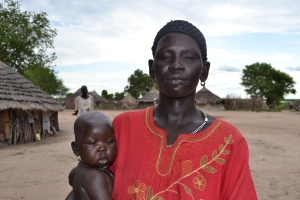We’ve just been through a hard time, where a loved one was told she would have to have surgery for what looked like a life threatening illness. The whole family was turned upside down. Living on different continents did not help; feeling inadequate at a distance. Flights, accommodation, tests and surgery would not come cheap. Getting time off work to be there, worrying about how she would cope with surgery, the long term prognosis and how we were going to support her and fund her treatment was exhausting. The emotional and financial stress took its toll. As Christian’s we put the situation in God’s hands, got the pray warriors praying but despite a deep trust in God the underlying question as to “why” rose its ugly head.
I’m sure all of you have been in a similar situation, you may even be in it now, where a loved one is suffering. So why does God allow it? I’m certainly not one of those people who believe suffering is a punishment for sin, after all Jesus died to wash away our sin. Perhaps we can talk about the fall of mankind and that sickness is now just part of life in our mortal bodies. We can talk of the laws of the natural universe and suffering being the result of the decisions of mankind. But why does a loving God allow His children to go through such physical and emotional trauma when he could step in?
Richard Rohr is a Franciscan priest, his book “Falling Upwards” got me thinking about the meaning of life and the part that suffering plays in it.
Rohr says life can be viewed in two stages, the length of these stages vary between people and some, even followers of faith, never reach the second stage. The first stage of life is largely about striving for success. We all try to do what seems like the task that has been given us. We establish our identity, home, relationships, friends, career and build our platform for life. Part of this involves building our ego, our self-esteem and putting on a façade for the outside world that shows us as being the things that society, colleagues, family and friends expect of us. We respond to the expectations of the world, or perhaps as Christians to what is expected by the church or other Christians. We may strive to follow the Bible to do what is right.
But life is not rosy, we often feel inadequate, unable to live up to the expectations of others. As we strive for success or even trying to live a good life we realise that there are barriers in our way, we are not perfect and problems and suffering are integral to life, often removing the joy of living.
So we are back to the “why” question. Why does God let His children experience tragedy, sorrow and pain? Look back over your life and think about the times when you have been closest to God, when you have grown the most, spiritually. Is it during the times of joy or time times of sorrow? My experience has certainly been that when things are going well I feel like I can cope on my own, God is in the joy, but it’s not necessarily the time when I put my greatest trust in Him. But when problems arise or I have done something wrong, that’s the time I go into prayer overdrive and rely on God for help. And it’s definitely during the hard times that I have seen the most spiritual growth.
Yet the human ego prefers anything but falling, changing and dying. It likes the status quo. We don’t like it when our plans for life are spoiled, when things go wrong; when problems arise that turn our life upside down.
However, perhaps we are looking at things from the wrong viewpoint, with a worldview instead of God’s view. Perhaps it’s not the problem that is the problem, it’s how we view the situation and respond to it. How about turning it on its head and thinking about our “when things go wrong” moments being God’s way to enable us to grow, giving us an opportunity to move from the first stage of life to the second, a life where we are able to experience our true self (and not just the container) and to be in union with Him.
During the recent family health issues, realisation dawned that the ‘problems’ that upset our plans of a pleasant life may actually be God’s plan for us. I’m not saying that God necessarily sends us suffering, more that he can use the suffering we experience for our benefit and His glory. “God turns all things together for good for those who love Him.” Romans 8:28. If we respond to the trials of life by learning from them, by being open to how God wants to work in a situation and by trusting him we can ‘fall upwards’ and begin our journey into the second part of life.
Thomas Merton, an American monk, said “We may spend our whole life climbing the ladder of success, only to find when we get to the top that the ladder was against the wrong wall.”
In Falling Upwards, Rohr says that the first part of life involves building the container the second part of life is finding the content that is to fill it. The container is not the end in itself but exists for the sake of a deeper and fuller life. Many people spend their time repairing their container, trying to be a better person, but they never dip their nets into the deep and bring in the huge catch that awaits them (John 21:6).
However, to bring in what God has in store for us, to be filled with the ‘new wine’, we need to learn to get out of the driving seat and give up control to the real guide. We need to be willing to fall, to lose what is precious to us, in order to gain the amazing life that God has planned for us. In the spiritual world we do not find something until we first lose it. Take the parables of the lost coin, sheep and son (Luke 15). We do not truly appreciate something until it has been lost and then found. It’s when things have been taken away, when the problems and challenges arise that we realise who we are in God and who God is in us.
The second part of the journey of life happens only when we are led to the limits of our present game plan and find it insufficient. It’s not until we fall that we realise that what we have built is not in fact what life is truly about. Only then do we search out the real source, the deep well, the constantly flowing stream, the living water.
When we realise, not just in the head and the heart but in the soul, that we cannot fix, control, explain, change or even understand everything, when we are willing to lose our life as we know it, we will in fact gain it. Through the problems and trials, if we are open to Him, God will show Himself and fill us with his love, showing us our true selves and the way to be in total union with Him.
Matthew 16:26 says “Anyone who wants to save his life must lose it. Anyone who loses her life will find it. What gain is there to win the whole world if you lose your very self? What can you offer in exchange for your life?”
Only by losing our false self, the image of success and perfection that we show to the world, can we find our true self. It is through the times of suffering that God helps us along that journey. Eternal life does not begin at death; we reach our spiritual home when we are our true self in God. We don’t have to be dead to live! But it is a long journey and until we choose to take it we will be homesick, experiencing restlessness, loneliness, sadness and longing. The good news is we don’t have to do it alone, the Holy Spirit is our guide and will help us to reach our destination. But we have to choose to step out into the second journey of life.
The journey, I am told, is a lot different to the first. Priorities are different; we gaze at life through a different lens. We experience the gift of wisdom, can share it with others and fulfill what God has planned for us – a special union with Him where we are able to be our true selves as God has created us and He can use us to his glory.
So how does this fit with the health issues of my loved one? Well after further tests it was found that it was not cancer, that surgery would not be needed. It was a miracle of healing but through the “problem” God showed us that He can do more that we can even comprehend. We prayed for timely surgery, he removed the need for it altogether. He used the situation to move us closer towards our second journey. He needed to help us to put more trust in Him, to realise our dependence on Him, to strengthen our relationship and love for Him. And through the healing, He enabled us to experience together the most overwhelming sense of joy as we recognised the blessings of family and health and most importantly of a God who loves us and wants what is best for us.
Falling is not easy, it hurts, but falling upwards, into God’s loving arms is the place where we can feel the greatest ever comfort, joy and peace.
